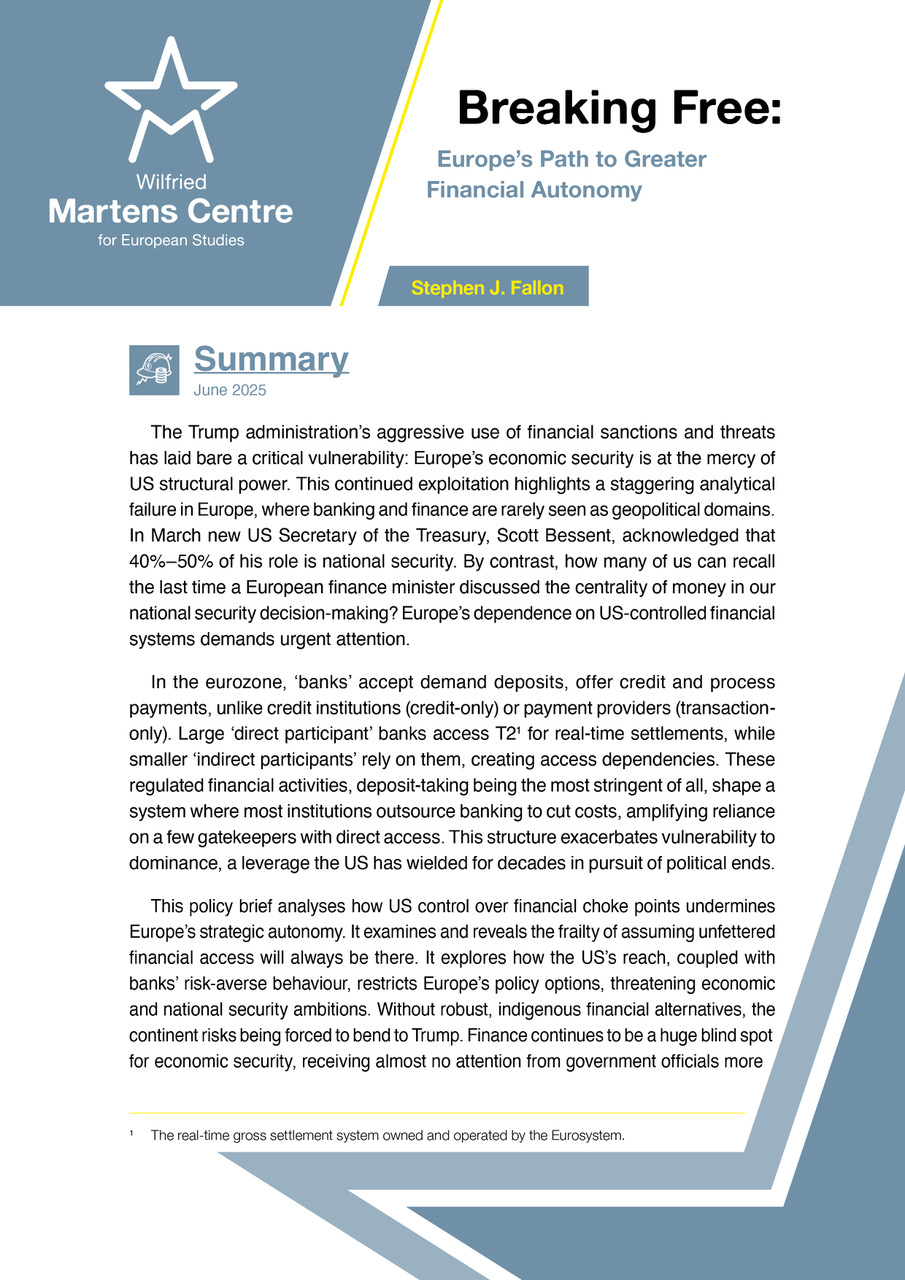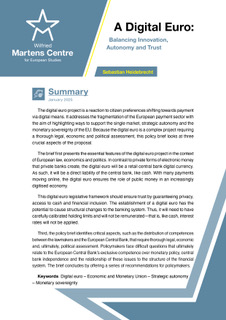Schulz’s vision meets Hollande’s reality
25 April 2014
Heavy soul-searching has been the trademark of the European Socialists for the past decade. Lost elections in country after country led to strong reflections about the future of Socialism and Social Democracy in Europe.
The victory of Hollande in France gave European Socialists a new hope. Finally Socialism would have a new flagship, President Hollande, who would turn the tide not only for France, but would also give a badly-needed boost for socialists across Europe. Or so they hoped.
From the beginning it was obvious that it would not work out for Hollande. Hiring 60000 teachers and 75% taxation on those earning more than €1 million a year were popular for some voters, but it could not return France to economic stability. No real reforms or fiscal balancing was on the shopping list.
Thus, from the beginning one could guess two possible outcomes for Hollande. The first scenario was that he would promote the policies he was proposing in his electoral programme, which would lead to an economic disaster for the country, to an electoral disaster for his party and ultimately, to a political disaster for himself. That is, if he would try to re-run as a President, of course. The second scenario was that he would very soon understand that the only way out for France is to push for reforms. This way he would be able to put France on the right track. However, the stark contrast between the things he said he would do and what he actually did ultimately disappointed his core voters and is costing him and the French socialists dear.
What we see now is that in fact both scenarios happened. French government was paralysed for almost two years and the economic indicators got worse for France every day. At some point he came to realise that he needed to totally change the fundamental philosophy of his economic policy. And so he did. One of the many witnesses of this fundamental change was Krugman’s article bashing Hollande for abandoning the “out from crisis by spending” strategy ( http://nyti.ms/1eSEZiA ). Nevertheless, by his initial inaction Hollande had burned the political capital he had, and so half-hearted attempts for reforms with a demotivated team were very unlikely to produce a success story. Unfortunate for France. And for Europe.
In addition, the understandable U-turn of Hollande in economic policy has led the socialist candidate for the position of Commission President, Martin Schulz, into a difficult position. Schulz’s vision of debt-driven growth matches badly with the current French Economic policy. Often the discrepancy creates odd situations both for the socialists and Schulz. For example, during the visit to Paris, Head of the Spanish socialist list Elena Valenciano was preaching against “the tyranny of austerity”, in a common political rally with the socialist candidate Martin Schulz, only a day after new Socialist French Prime Minister Manuel Valls announced an unprecedented and comprehensive package of austerity measures in France, heading to save over 50 billion euros in the next three years.
Thus, there is a substantial disparity between the programme of Schulz and the policies of Hollande’s administration. But then again, Hollande has to deal with economic reality – and Schulz does not.
ENJOYING THIS CONTENT?






















